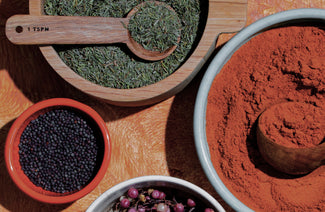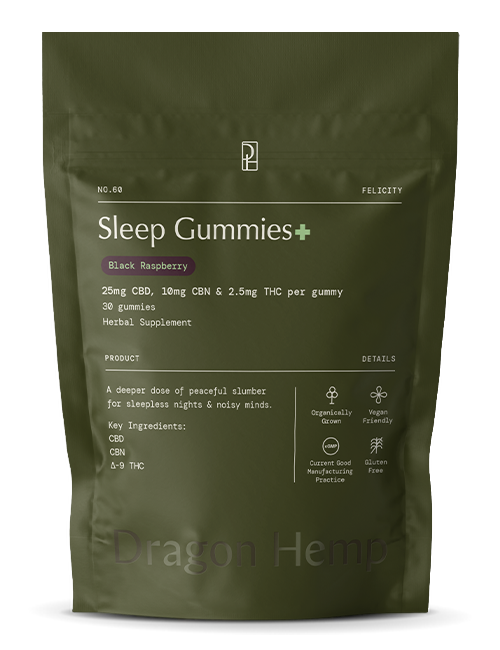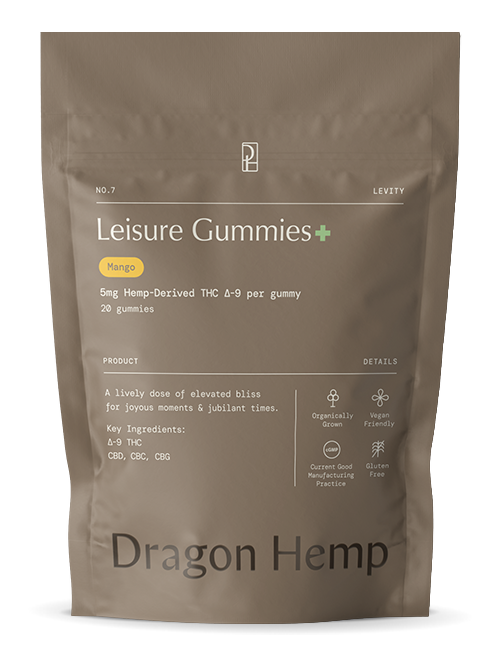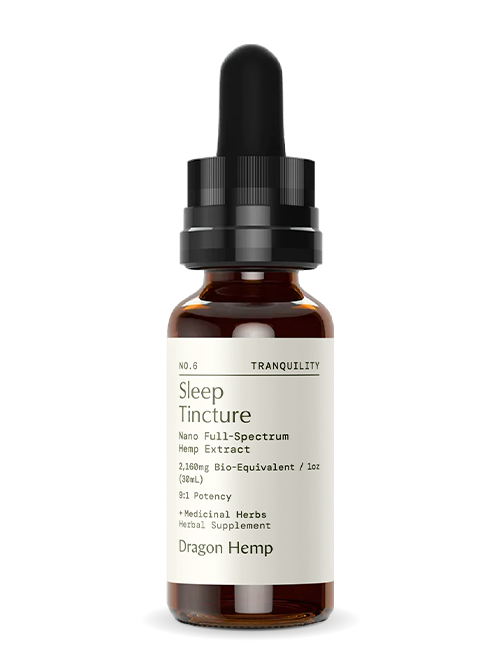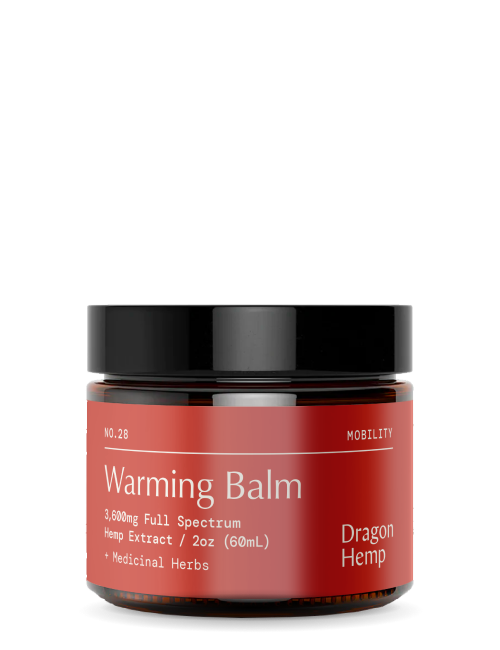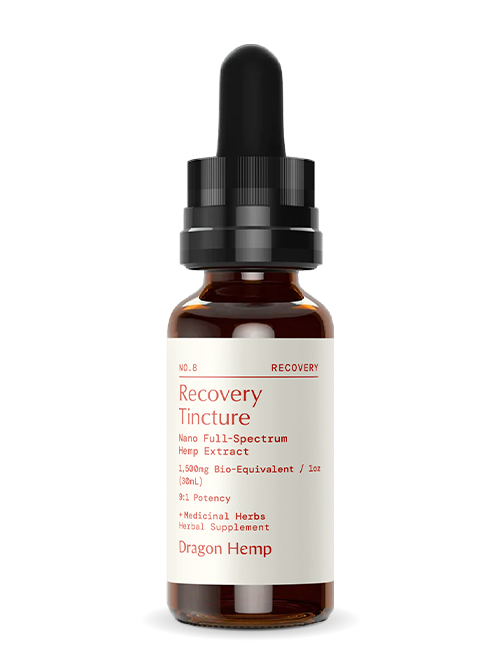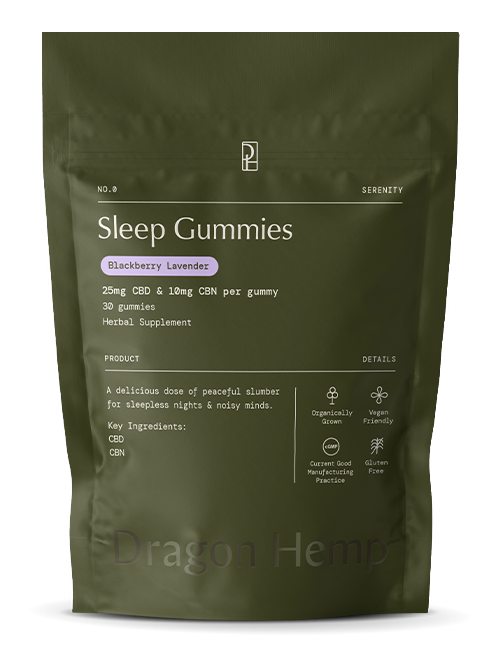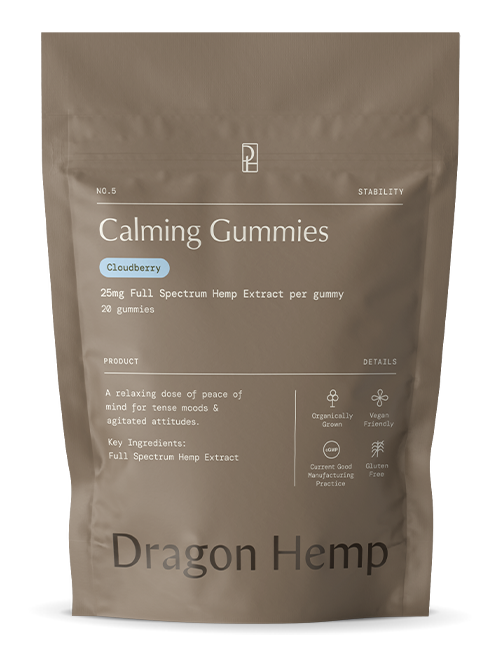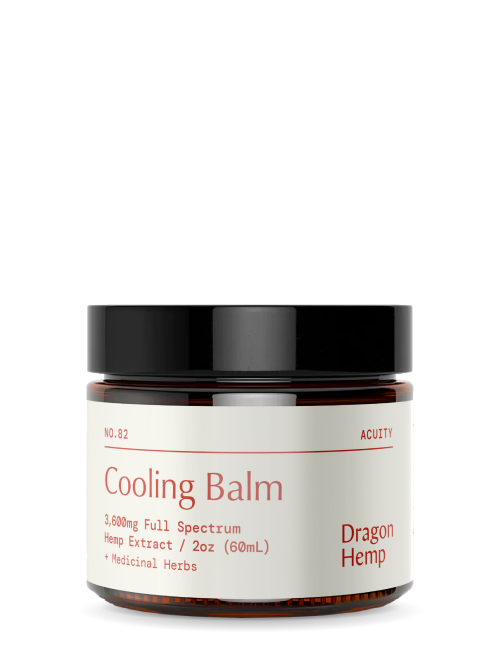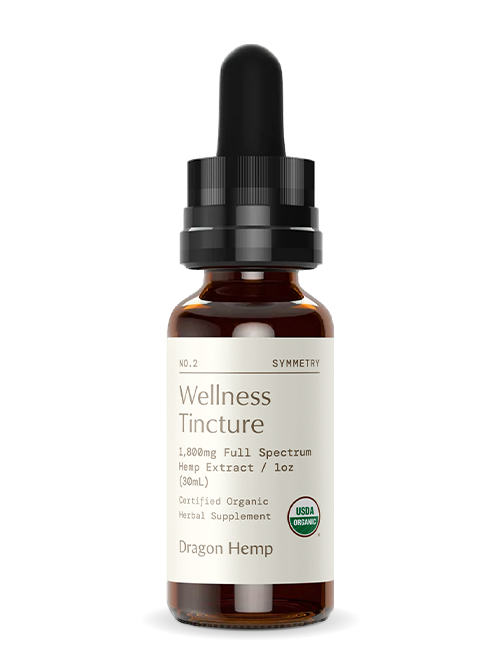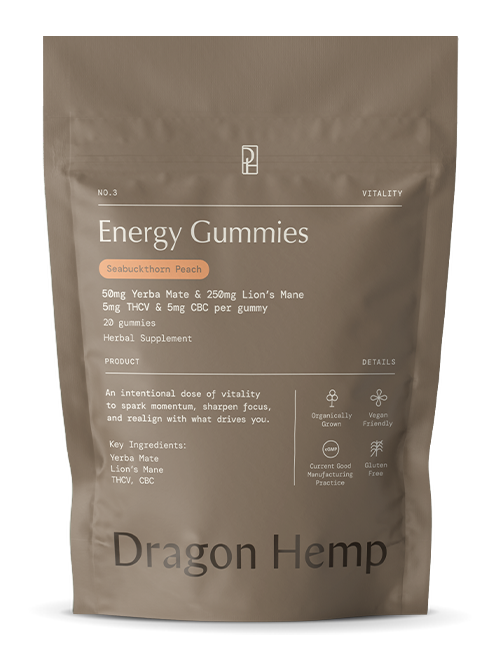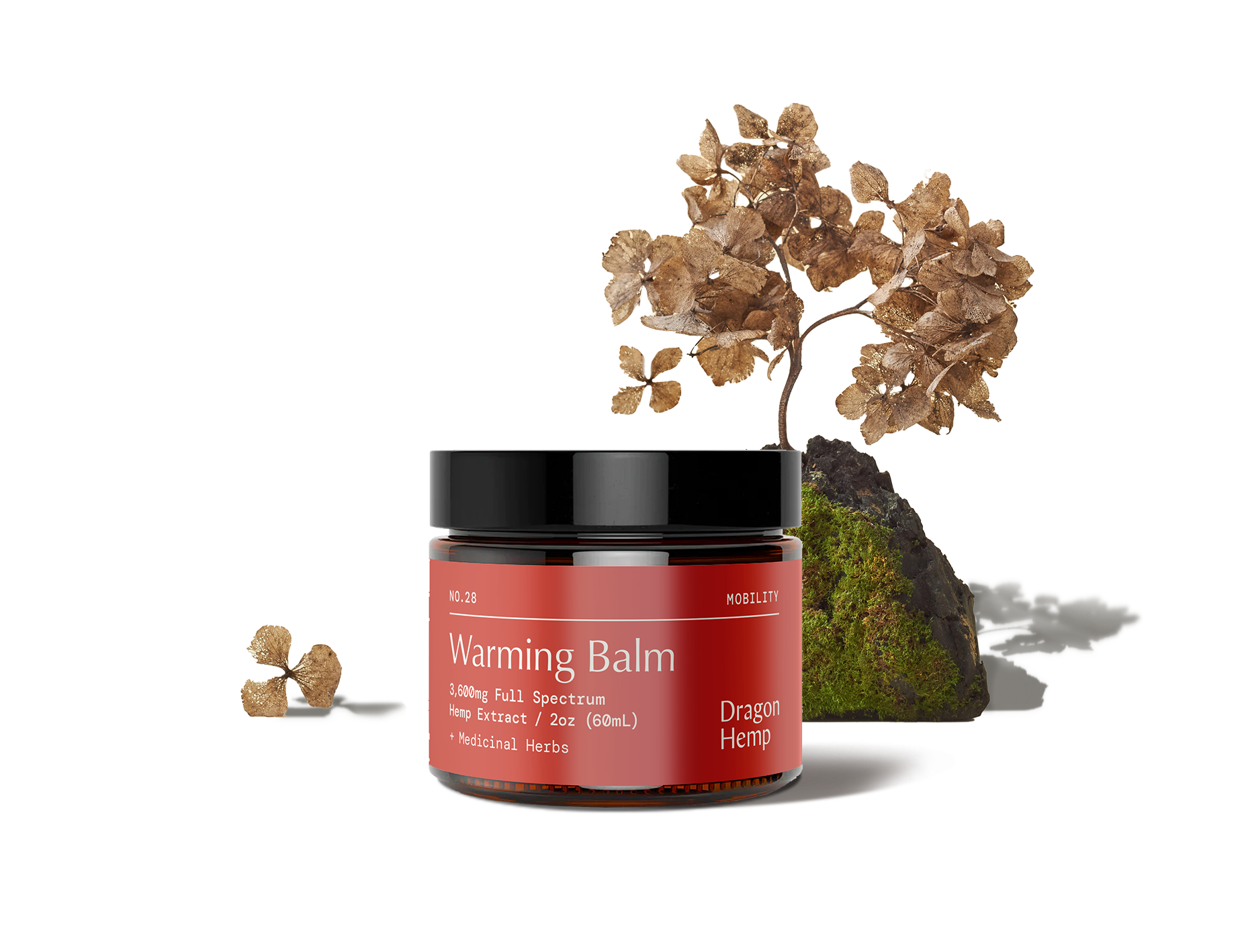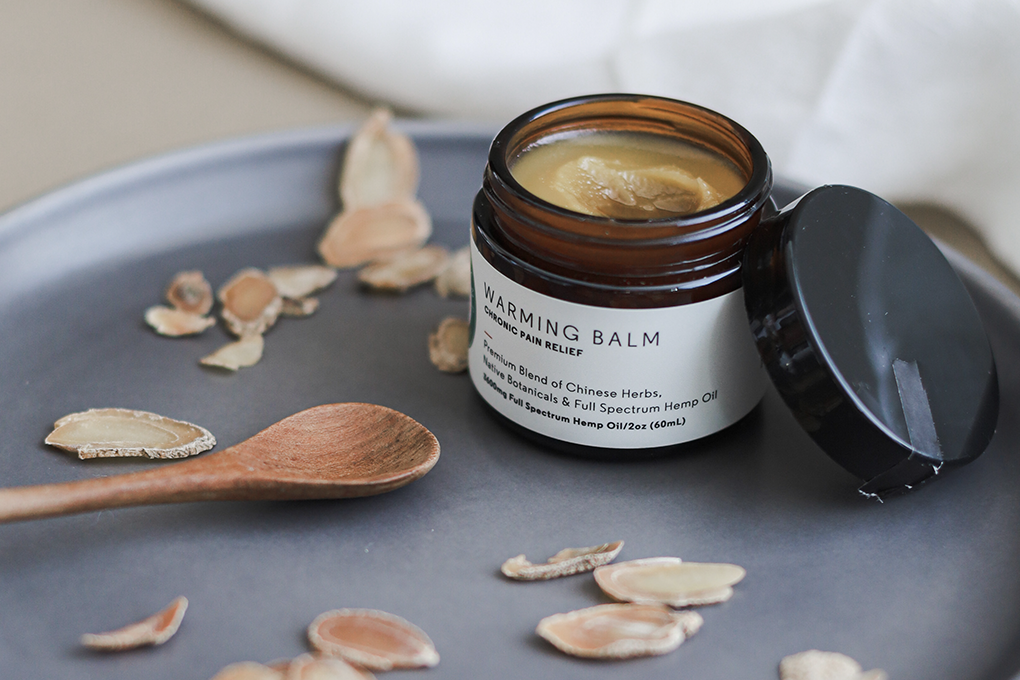
Combining Adaptogens: A Guide
Adaptogens have been a part of traditional medical systems for ages. In Eastern Asia, these compounds were a mainstay in Ayurvedic medicine – a holistic approach to long, balanced, healthy living. Incidentally, Ayurveda is a Sanskrit word meaning “science of life,” which speaks volumes of its intent and purpose.
You probably have heard the phrase, “life is about balance.” While it applies to various contexts, it is perhaps more applicable to health matters. A balanced living entails adequately addressing your physical, mental, and emotional needs.
In Ayurveda, these three states are interconnected, and good health is achievable only when they are in harmony. To sync the physical, mental and emotional, it is vital to sleep well, eat healthily, keep fit (exercise), and manage stress.
So, Ayurvedic medicine relied on natural fixes to help a person find balance across the three states. These included exercises, nutrition, and herbs. The herbs typically included mushrooms and were collectively called adaptogens.
The key to knowing what adaptogens to use depends on what Ayurvedic philosophy referred to as “dosha” or energy types.
Ayurvedic medicine holds that everybody has three doshas – Kapha, Pitta, and Vata. These doshas make up your constitution and essentially determine what works for you. Different constitutions require different treatments, so a treatment that works for one person might not work for another.
Adaptogens have different effects on the body. So, naturally, mixing them enhances your ability to address diverse health needs. How do you do this? Read on to learn more about the ancient art of mixing healing herbs.
Key takeaways
- Adaptogens are natural substances that alleviate stress and help restore the body to its optimal state.
- Their adaptogenic attributes are increasingly being proven by science.
- Taking multiple adaptogens confers greater health benefits than using single herbs.
- Combining multiple adaptogens is a delicate art that requires professional input for maximum benefits.
What are adaptogens
An “adaptogen” is a substance that:
- Triggers non-specific responses in the body, increasing its ability to withstand physical, biological, and chemical stressors.
- Normalizes the body’s physiology regardless of the physiological changes caused by stressors, i.e., restores balance (homeostasis).
- Is non-toxic to the user.
In much simpler terms, an adaptogen is a plant-based substance that helps the body overcome stressors and supports overall health. These are essentially organic foods and compounds, typically in the form of mushrooms and herbs.
They can be used in their natural forms or processed to extract their bioactive ingredients. Today, millions around the world use adaptogens for their range of health benefits, such as:
- Relaxation
- Stress management
- Cognitive support
- Boosting overall health
- Elevating energy levels
In India, Ayurvedic medicine is considered a formal healthcare system almost equivalent to conventional medicine. It is estimated that roughly 60% of healthcare professionals in India use some form of traditional herbs.
The most common adaptogenic plants include ginseng, Rhodiola, eleuthero, ashwagandha, turmeric, moringa, tulsi, and Guduchi, to mention just a few. As for mushrooms, the most common are reishi, maitake, Chaga, cordyceps, lion’s mane, etcetera.
The good thing about adaptogens is that they are natural, and almost anyone can use them. In a world where we are constantly bombarded by stress, our evolutionary “fight-or-flight” mechanism simply isn’t enough to deal with modern-day stressors.
Constant stress means our adrenal glands work non-stop, producing the stress hormone cortisol to mediate the body’s response to stress. So, more often than not, the body’s equilibrium state skews and negatively affects our health.
However, adaptogens can help reduce stress levels and restore our bodies to their optimal state. They can also boost our energy levels, especially when we are bogged down by fatigue.
Benefits of Adaptogens
Here is a list of some health benefits you can reap by using adaptogens:
- Immunity boost
- Reduced fatigue
- Reduced inflammation
- Better sleep
- More energy
- Heart and liver health
- Stress and anxiety reduction
- Lower cholesterol levels
- Balanced hormones
-
Protection against tumor growth
Some adaptogens like ginseng, ashwagandha, cordyceps, and lion’s mane have been researched extensively, and their adaptogenic qualities proven. However, talking to a healthcare provider before using health-impacting substances is always a good practice.
Let’s look at a few herbs and mushrooms whose adaptogenic properties have scientific backing.
This mushroom has been studied for its positive effects on stress, but human studies are limited.
Nonetheless, research on rats shows that cordyceps may reduce stress-related symptoms and increase the body’s resistance to stress. This observation has been made in a study that demonstrated cordyceps ability to reduce stress-induced fatigue in mice and rats.
Another 2014 study examining the effects of combining cordyceps and Rhodiola on high-altitude training found that 1,400 mg and 600 mg of Rhodiola and cordyceps, respectively, reduced fatigue levels and enhanced stress response.
Since the study mixed two adaptogens, it is impossible to tell which one exerted the beneficial effects. Still, there is a need for further high-quality research to understand how cordyceps helps the body deal with stress.
This hugely popular mushroom has potential health benefits and is a common ingredient in many health supplements.
Experiments on murine models show that lion’s mane extract may help reverse the effects of stress on neurotransmitters like serotonin and dopamine. This same study suggests that lion’s mane may reduce the concentration of inflammation markers and tumor necrosis factors that elevate the body’s stress responses.
Lion’s mane may also help prevent a reduction of brain-derived neurotrophic factor (BDNF) in mice due to stress. BDNF supports healthy brain function, so lower levels of this protein may lead to stress and depression.
Also known as Ganoderma lucidum, the reishi mushroom is a common figure in traditional Asian medicine due to its immune-boosting properties.
Further, research shows this mushroom enhances how adrenal glands function. These glands produce the stress hormone cortisol, which helps the body respond better to stress.
Another study showed that a combination of reishi and cordyceps might help protect athletes against damage caused by stress due to over-training.
Furthermore, a recent animal study found that this mushroom reduced brain inflammation due to stress caused by low oxygen levels. In so doing, reishi helped reduce damage to the nerves and memory function.
Researchers maintain that by protecting the body against multiple stressors, e.g., cold and low oxygen levels, reishi could help people adapt to high altitude environments and reduce vulnerability to mountain sickness due to low oxygen levels.
Other studies suggest that reishi may reduce stress-induced anxiety and muscle cell damage caused by over-exercising.
The ‘Indian ginseng,’ as it is popularly known, is an evergreen shrub native to Africa, parts of the Middle East, and India. It is another popular adaptogen due to its energy-boosting, pain and inflammation relief, and anxiolytic properties.
Research shows that highly concentrated ashwagandha extract can normalize cortisol levels, thereby reducing stress responses.
It may also help reduce inflammation and anxiety.
This yellow spice derived from the roots of the Curcuma longa plant is a renowned adaptogen. Its adaptogenic properties are linked to its bioactive ingredient, curcumin, which also gives it its color.
Health issues like depression and anxiety are often due to the downregulation of the protein called BDNF. When this happens, the hippocampus typically shrinks. This part of the brain is involved in cognitive functions like learning and memory.
A study suggests curcumin may reverse this change (shrinking) by boosting BDNF levels.
Research also shows that curcumin may help lessen the symptoms of depression and anxiety. That’s because it can increase the levels of dopamine and serotonin. These chemicals are involved in various body functions, including mood regulation.
In fact, turmeric’s anti-depressant qualities have been compared to Prozac but with far fewer side effects.
A recent study further highlighted curcumin’s anti-depressant qualities. The researchers found that the administration of dietary curcumin promoted resilience against chronic social defeat stress in rats fourfold. The compound also reduced anxiety-like behavior, suggesting turmeric may suppress anxiety-like responses in humans when exposed to chronic social stress.
Moringa is another adaptogen with proven stress-relieving properties. A recent study investigating the effects of moringa on zebrafish recorded significant changes in the behavior of the fish.
This adaptogen is believed to alleviate stress by regulating pathways involved in metabolizing arginine, purine, proline, glutathione, D-glutamate, and D-glutamine. These compounds participate in wide-ranging biological processes, including immune system function, normal brain function, anti-oxidative reactions, and vital biochemical processes.
Some many other herbs and mushrooms are potentially adaptogenic. While existing research findings on known adaptogens are promising, there is need for more research to prove the adaptogenic qualities of lesser-known herbs/mushrooms.
Can Adaptogens Be Combined
Yes, adaptogens can be combined. In fact, using multiple adaptogens is way more beneficial than a single herb. However, most people get it utterly wrong when combining adaptogens. Here’s why.
According to a Chinese Medicine and Ayurvedic expert, most people don’t understand how to use multiple adaptogens vis-à-vis their bodily constitution. For example, younger people (<40 years) may use ginseng to boost their energy levels when feeling sluggish.
The problem, though, is not a lack of energy but a stagnation of it. In other words, they may be producing more energy than they are circulating. So, taking energy-boosting adaptogens won’t necessarily help.
Similarly, energy boosters like ginseng require you to augment it with a moisturizer like tulsi or licorice. That’s because you are likely to dehydrate when your metabolism speeds up (which is what energy boosters do).
Let’s use the car engine analogy to drive this point home. If you want more power, you’ve got to rev harder than normal. But at the same time, the engine’s got to be well lubricated to prevent excessive wear and tear. It’s the same principle with adaptogens!
As ready-to-pop adaptogenic pills become more available, people don’t consider their constitutional specifics. As a result, they use adaptogens anyhow and are likely to throw their system out of balance.
So, if you want to mix adaptogens, you’d better do it right. Here are some top-tier adaptogen combinations to boost your health and add quality to your life.
Best adaptogenic herb combinations
-
Turmeric & CBD
We’ve touched on the adaptogenic qualities of turmeric. And if you’re a cannabis lover, you must be familiar with the potential health benefits of CBD. Though not conventionally regarded as an adaptogen, CBD has numerous properties, some of which are adaptogenic.
Our Warming Balm is a concentrated topical designed to alleviate chronic pain and inflammation. It’s made with premium hemp-derived CBD and enriched with potent adaptogens like aconite, dragon’s blood, cajeput, cloves, and camphor to:
- Reduce inflammation and pain
- Enhance blood flow
- Reduce swelling
- Reduce muscle and joint pain.
Health benefits: This balm is ideal for long-term injuries.
-
American ginseng & CBD
This is another highly effective combination great for people seeking an energy boost. Besides premium CBD (isolate), our REACH capsules also contain cordyceps, yerba mate, American ginseng, and Guarana seeds to support blood flow, elevate mood, and stimulate the brain.
Health benefits: mental clarity, better focus, and energy boost.
-
Schisandra Fruit & CBD
Schisandra fruit is an adaptogen known for its positive impact on five major body organs, including the liver. When combined with premium quality CBD and CBN, linden flower, passionflower, and lavender, the result is REST.
Our REST sleep-supporting tincture is made with those who struggle to sleep in mind. It is a powerful combination that calms the mind and the CNS, thus helping you to fall and stay asleep. Not only that, but you also wake up feeling refreshed and rejuvenated to face the day ahead.
Health benefits: relaxation and quality sleep
-
Ashwagandha Ginseng Combination
Ashwagandha is another great herb with scientifically proven adaptogenic qualities. Several studies have highlighted its powerful stress- and anxiety-reducing abilities. Others have shown that it’s also capable of improving sleep quality.
Ginseng’s adaptogenic attributes need no introduction. From boosting energy to improving cognitive functioning and reducing inflammation, this is one of the top adaptogenic herbs around.
A ginseng-ashwagandha combination may be helpful to people seeking to power through the day or wind down and relax. Typically, the overall effect is a function of the ratios in which these adaptogens are mixed.
Where to buy adaptogenic blends
Our forefathers couldn’t have been wrong to use herbs and mushrooms to address their health concerns, and neither are we!
At Dragon Hemp, we let nature inspire our products as we combine ancient herbal remedies and modern compounds to address specific health needs.
Check out our full range of natural wellness products here.Feel like yourself again.
Peruse our collection of plant-based therapeutics blending time-honored herbal remedies with next-generation cannabinoid extracts.



